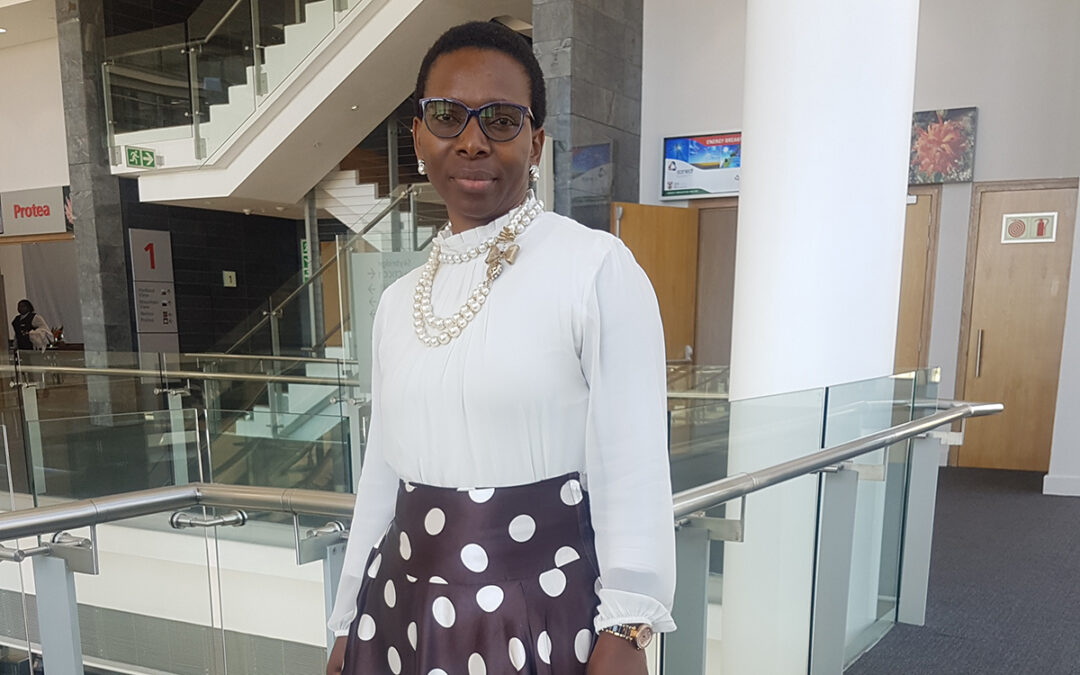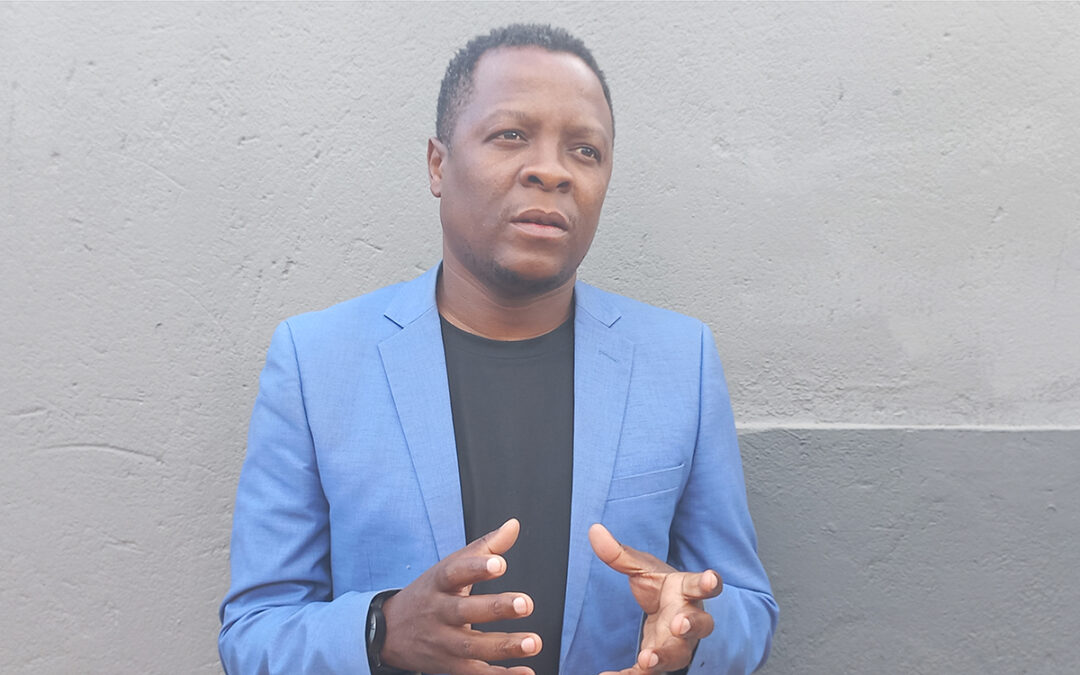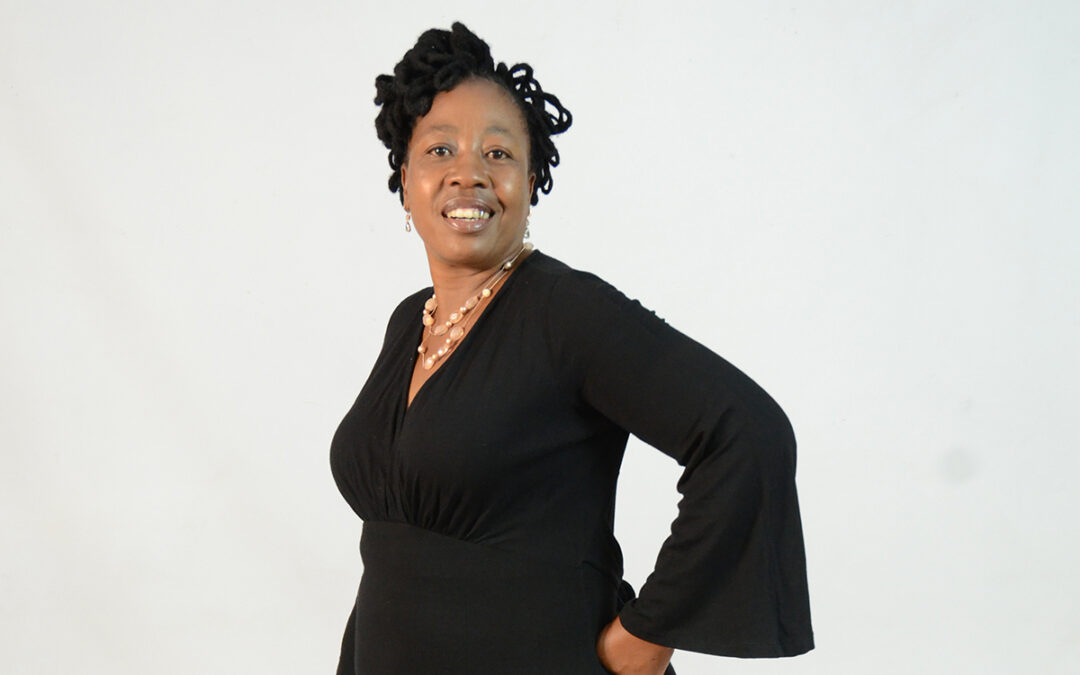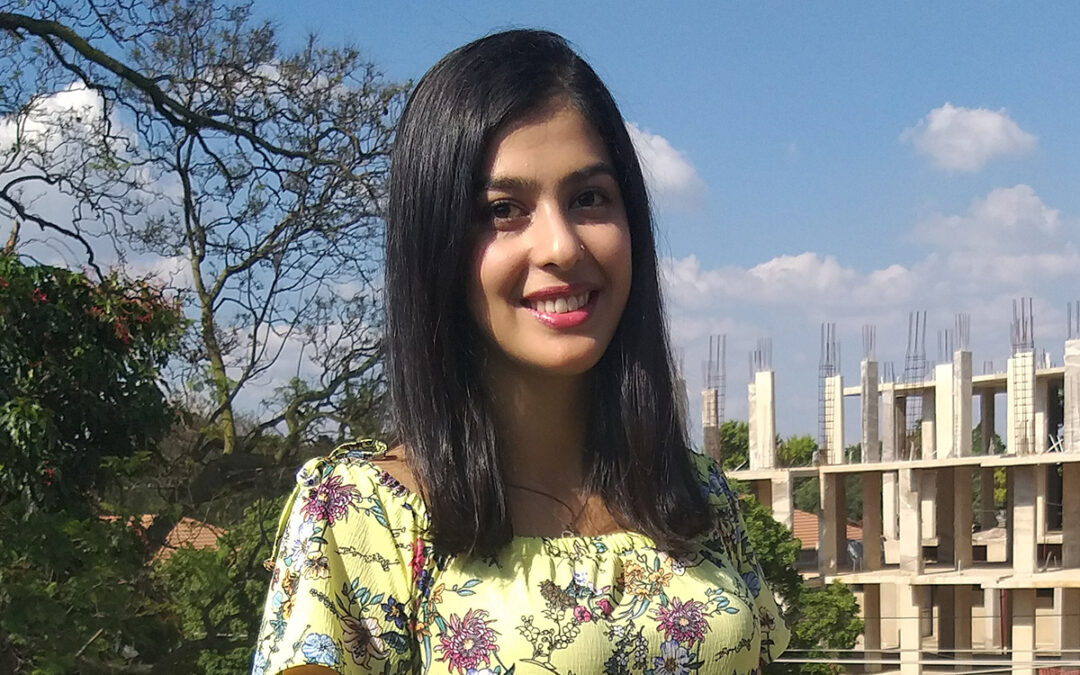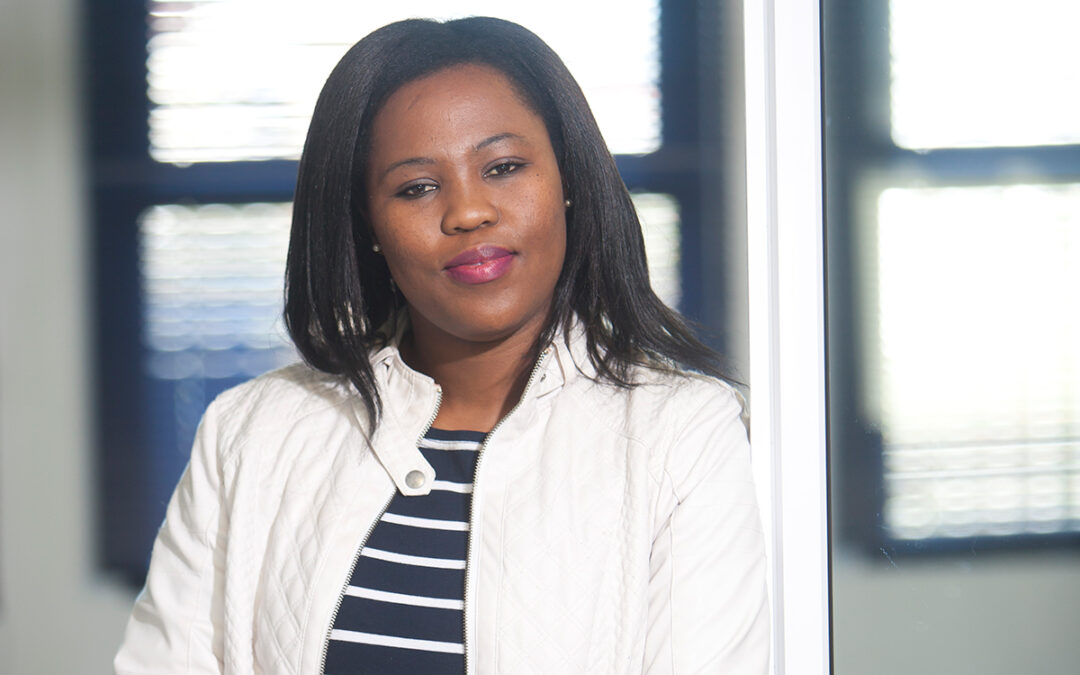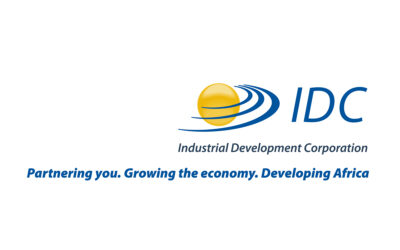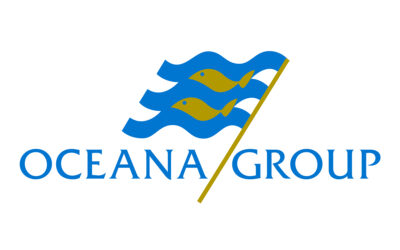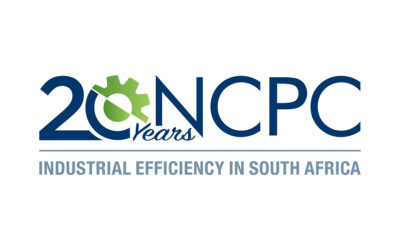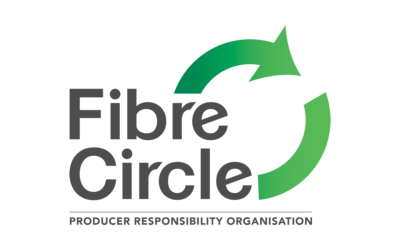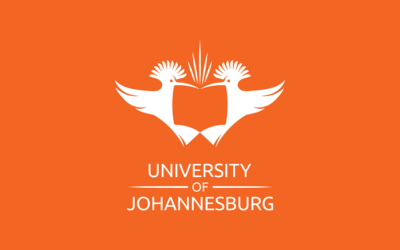The Africa Regional Coalition for Sustainable Development (Arcosud) is an NPO based in Gauteng that promotes sustainable development in marginalised communities across southern Africa. The organisation works to create healthier communities through environmental education, skills development support and technology resources with the intention to create behavioural changes that will prevent diseases and reduce poverty, while increasing sustainability practices. All projects are based on permaculture principles, earth care and economic resilience.
“We believe that if we take care of the environment, the same environment will be able to take care of us, and as we reap the benefits of working in harmony with the environment, we will be more productive, resilient and sustainable,” says Arcosud founder Gram Jackson.
Jackson studied phytotherapy, natural resources management and permaculture designing. “I believe that human beings are organic beings — we came from the ground, and all the nutrients and vital minerals we need to nourish ourselves, heal ourselves or even prevent infections are found in the ground.” This drives him to initiate programmes that work towards greening communities. “Our health depends on the health of the environment. This gives me the zeal to preach about the need to conserve our environment,” says Jackson.
For Arcosud, greening the future means taking action as governments, organisations and individuals to reverse the effects of humanity’s actions on the environment. “We have been cutting down trees for various reasons, poisoning the environment with chemicals and causing erosion of our precious topsoil as a result of conventional farming methods. All these actions have left the earth in a barren state and now we are forced to redress the situation and bring back life to our planet.”
“Understanding where humanity comes from, and the fact that our health depends on the health of the environment, is where sustainability starts.”

